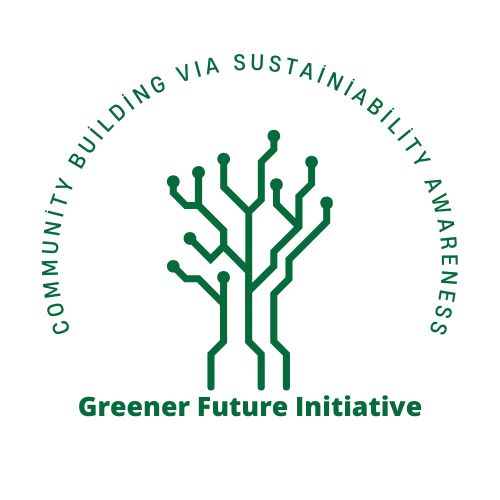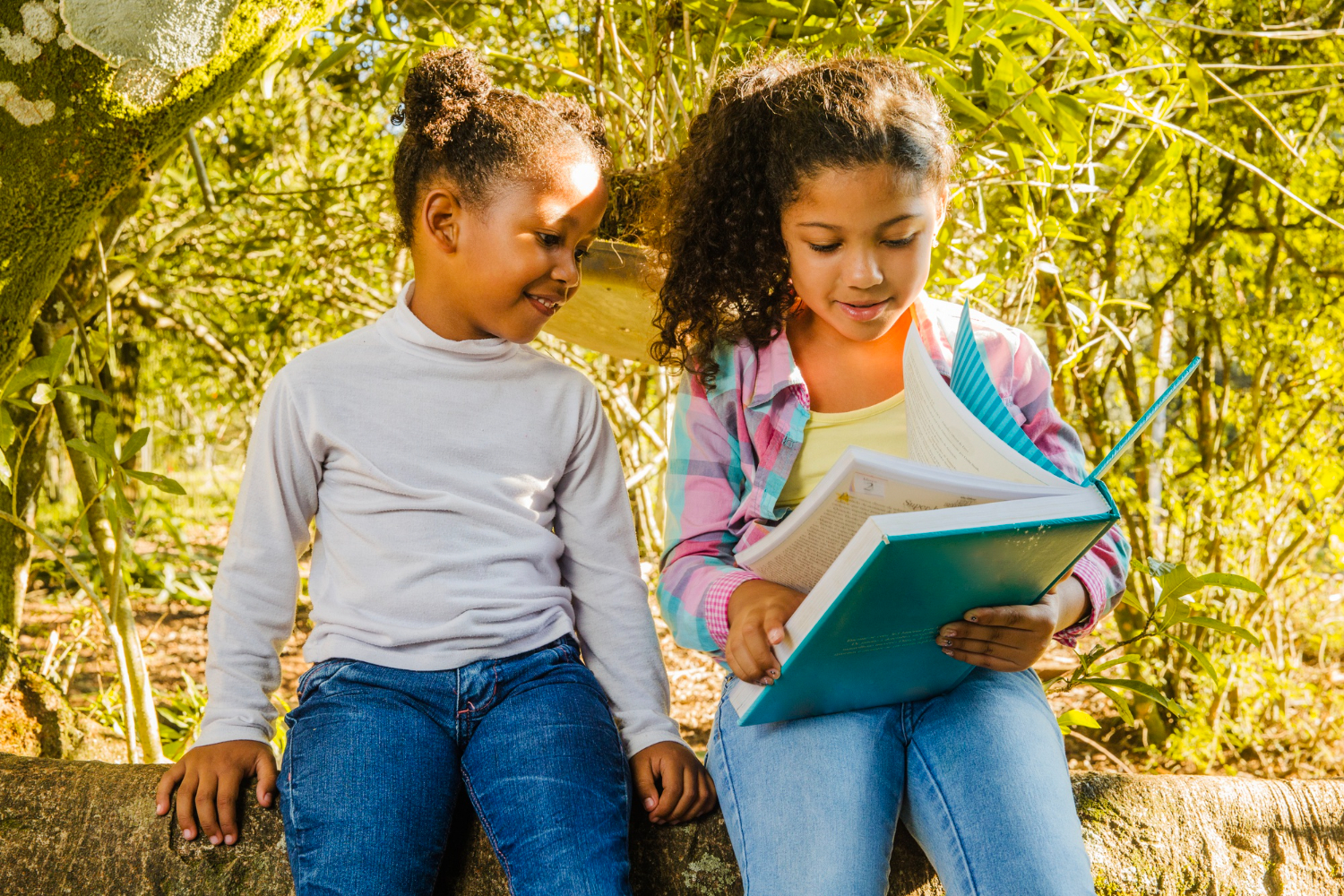In this article, we will highlight 10 books every young person should read in order to embrace a sustainable lifestyle.
Living sustainably isn’t just about recycling or reducing waste. It also encompasses understanding our impact on the planet and making choices that protect its future.
For young people, cultivating this mindset early can lead to lifelong habits. These habits will benefit both the environment and their own well-being.
Books are a powerful tool to spark this journey, offering insights, inspiration, and practical advice.
Here are 10 must-read books for young people looking to embrace a sustainable lifestyle:
1. No One Is Too Small to Make a Difference by Greta Thunberg
This collection of speeches by climate activist Greta Thunberg is a call to action for young people everywhere. Greta’s powerful words highlight the urgency of the climate crisis and remind readers that individual actions can inspire global change.
Whether it’s joining a climate march or reducing personal carbon footprints, this book shows how small steps can lead to monumental shifts.
2. This Changes Everything: Capitalism vs. The Climate by Naomi Klein (Young Readers Edition)
Naomi Klein breaks down complex environmental issues into accessible language for younger audiences. This book challenges readers to rethink the systems driving environmental destruction and inspires them to envision a greener future.
Klein’s approach connects economic systems to climate challenges, making it a thought-provoking read for teens interested in understanding the bigger picture.
3. How to Change Everything: The Young Human’s Guide to Protecting the Planet and Each Other by Naomi Klein and Rebecca Stefoff
Aimed specifically at younger audiences, this book combines real-life stories with actionable steps, empowering teens to take meaningful steps toward sustainability. Through examples of youth-led movements, readers learn how to organize, advocate, and make their voices heard.
It’s a perfect resource for budding environmental leaders.
4. The Lorax by Dr. Seuss
This is a timeless classic. The Lorax uses whimsical storytelling to teach children the importance of environmental conservation. Its message about caring for nature echoes with readers of all ages.
The vibrant illustrations and memorable characters make it a delightful yet impactful read. This book plants seeds of environmental awareness in even the youngest readers. It is recommended for the younger generation.
5. Plastic: Past, Present, and Future by Eun-ju Kim
This illustrated book explains the history of plastic and its environmental impact. Reading this book will encourage young readers to think critically about their consumption habits and explore alternatives.
Kim’s book demystifies the role of plastics in everyday life. It also highlights innovations aimed at solving the plastic crisis, making it both educational and inspiring.
6. Kids Fight Plastic by Martin Dorey
Packed with fun, practical challenges, this book encourages kids to take on the role of plastic pollution fighters. It’s a great starting point for young activists looking to make a tangible difference in their communities.
Each chapter features tasks that are easy to implement. Some examples of tasks include saying no to single-use plastics or organizing a local cleanup.
7. What a Waste: Trash, Recycling, and Protecting Our Planet by Jess French
Filled with colorful illustrations and fascinating facts, this book introduces young readers to the problem of waste and offers creative solutions for reducing it.
The book is perfect for sparking conversations about sustainable living. It also includes engaging activities like conducting a waste audit or creating DIY eco-friendly crafts.
8. You Can Save the Planet: 101 Ways You Can Make a Difference by Jacquie Wines
This practical guide offers easy, actionable tips for young people to reduce their environmental footprint. From saving energy to making eco-friendly purchases, it’s a handbook for everyday sustainability.
Its straightforward advice ensures readers can start making changes immediately, no matter their age or resources.
9. The Omnivore’s Dilemma (Young Readers Edition) by Michael Pollan
Michael Pollan’s exploration of where our food comes from helps young readers make more informed and ethical choices about what they eat. It promotes a deeper connection to nature and sustainable food systems.
The book’s engaging narrative makes it a compelling read while encouraging readers to think critically about their dietary habits.
10. We Are All Greta: Be Inspired to Save the World by Valentina Giannella
This book draws from Greta Thunberg’s story to inspire readers to take action. It’s packed with scientific facts, practical advice, and motivational messages tailored for young changemakers.
The book also explores the science behind climate change. Hence, it is an excellent educational tool for students and educators alike.
How Parents Can Support Sustainable Reading Habits
Parents play a vital role in nurturing a love for sustainability in their children. Encouraging them to read books like these is just the beginning.
Here are some practical tips for parents to help young readers turn knowledge into action:
- Create a Green Reading Space: Dedicate a corner of your home to eco-friendly learning materials, including these books. Add plants, natural lighting, and recycled furniture to make the space inviting and environmentally conscious.
- Discuss and Reflect: After your child finishes a book, have open conversations about what they learned. Ask questions like, “What inspired you the most?” or “What actions can we take as a family?”
- Lead by Example: Children learn best by observing. Show them your commitment to sustainability by adopting green habits such as composting, using reusable bags, and conserving energy.
- Support Eco-Friendly Activities: Encourage hands-on learning by participating in activities inspired by these books, such as upcycling old items, starting a garden, or organizing a local cleanup.
- Celebrate Progress: Recognize and celebrate your child’s efforts to live sustainably. Whether it’s completing a zero-waste challenge or reducing water usage, small victories build confidence and motivation.
Conclusion
These books not only educate but also empower young people to think critically about their role in shaping a sustainable lifestyle. By reading these inspiring works, they can build a deeper understanding of environmental issues and discover practical ways to make a difference.
Parents and educators can amplify this impact by fostering a supportive environment for green learning and encouraging actionable steps.
Whether you’re a parent, teacher, or young reader, these books are a step toward a greener, more conscious lifestyle. The planet—and future generations—will thank you.
Start with one book, one action, and one conversation at a time.

